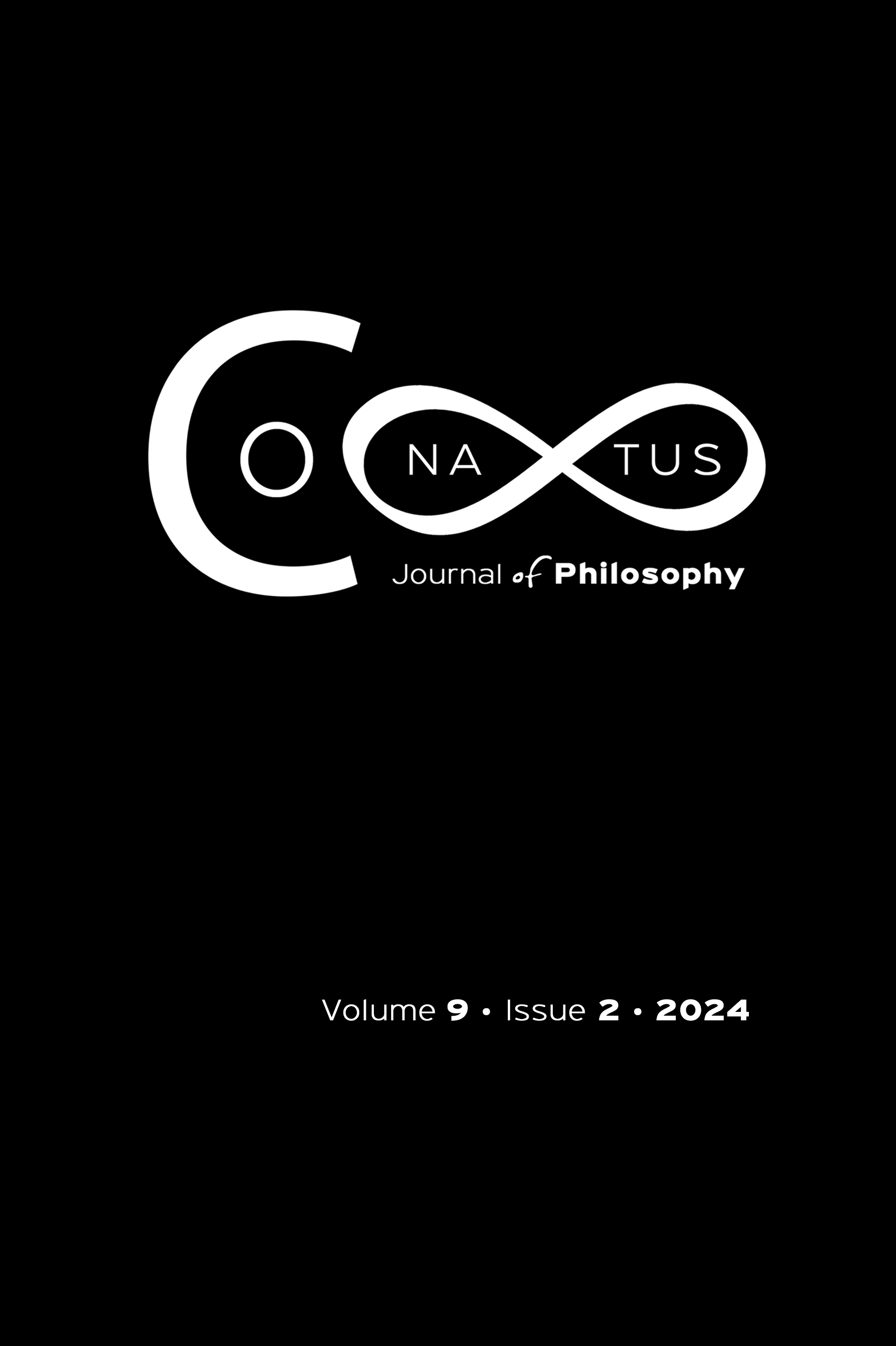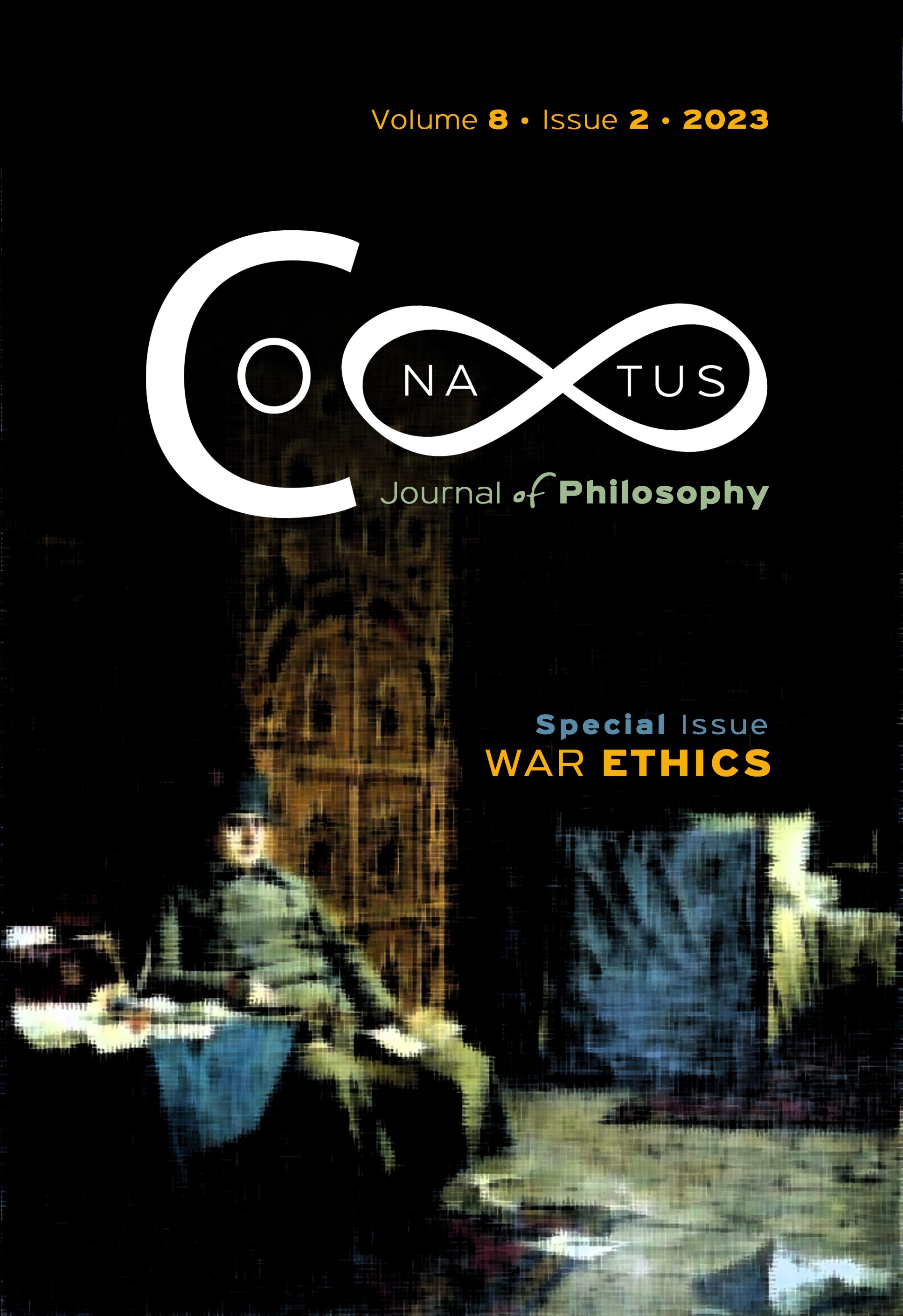The Stoic Paradigm of Ethics as a Philosophical Tool for Objectifying the Concepts of Organizational Ethics, Corporate Social Responsibility, and Corporate Governance

Abstract
In this article, the relationship between ethics in general and business ethics in particular to Stoic philosophy is investigated. Stoic ethics is used as a research tool, which step-by-step deciphers the position of the human as a functional part of a larger organization, such as the natural environment or civil society. Ethics is inextricably linked to the rational, free choice of what is right for both the individual and the total organism. Ethical rightness imposes a form of rational order within the organization, in the sense that each part must perform the function appropriate to its abilities. At the maximum degree of ethical integration stands the paradigm of the Stoic sage as a model of a virtuous leader, who is able to understand the causes of each decision or action and direct the organization towards the set goal. From this perspective, concepts such as leadership, organizational ethics, or corporate social responsibility acquire an objective status and view the philosophical cosmopolitanism of the Stoic sage as a timeless example of ethical rightness.
Article Details
- How to Cite
-
Kourtoglou, O., Vavouras, E., & Sariannidis , N. (2024). The Stoic Paradigm of Ethics as a Philosophical Tool for Objectifying the Concepts of Organizational Ethics, Corporate Social Responsibility, and Corporate Governance. Conatus - Journal of Philosophy, 9(2), 119–143. https://doi.org/10.12681/cjp.37932
- Section
- Articles

This work is licensed under a Creative Commons Attribution-NonCommercial 4.0 International License.
Authors who publish with this journal agree to the following terms:
Authors retain copyright and grant the journal right of first publication with the work simultaneously licensed under a Creative Commons Attribution Non-Commercial International License (CC BY-NC 4.0) that allows others to share the work with an acknowledgement of the work's authorship and initial publication in this journal.
Authors are able to enter into separate, additional contractual arrangements for the non-exclusive distribution of the journal's published version of the work (e.g. post it to an institutional repository or publish it in a book), with an acknowledgement of its initial publication in this journal.
Authors are permitted and encouraged to post their work online (preferably in institutional repositories or on their website) prior to and during the submission process, as it can lead to productive exchanges, as well as earlier and greater citation of published work.






